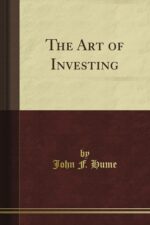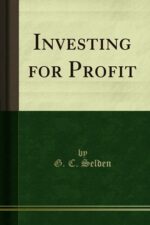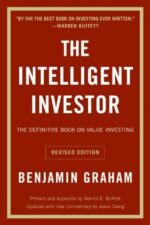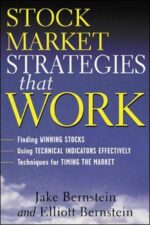Originally published in the early 20th century, Simple Principles of Investment by Thomas Gibson remains a cornerstone for investors seeking to understand the logic and discipline behind successful capital allocation. Rather than promising shortcuts or speculative thrills, Gibson focuses on timeless economic reasoning — emphasizing the connection between risk, return, and intrinsic value. His writing strips away market noise and emotional distractions, presenting investment as a rational, methodical process rooted in fundamental principles.
Through clear and direct exposition, Gibson teaches how to evaluate earning power, analyze the reliability of income streams, and differentiate between speculation and genuine investment. The author’s observations on human psychology and market behavior feel surprisingly modern, offering readers enduring lessons on prudence, patience, and probability. Simple Principles of Investment thus bridges classical financial thought with practical judgment, providing a clear framework still relevant to portfolio construction today.
Every paragraph carries the calm authority of an experienced observer who has seen booms and busts alike. For readers overwhelmed by modern financial jargon, Gibson’s concise prose and logical approach serve as a refreshing return to clarity — a foundation upon which all serious investing should rest.
✅ What You’ll Learn:
- How to distinguish investment from speculation with rational criteria rather than emotion or hope.
- The core relationship between safety and yield, and why consistent income matters more than short-term gain.
- Methods for assessing intrinsic value and evaluating corporate earning power.
- How psychology, market cycles, and crowd behavior influence mispricing and opportunity.
- Timeless rules for preserving capital, maintaining liquidity, and compounding returns.
- Why simplicity, patience, and judgment form the essence of sound investing strategy.
💡 Key Benefits:
- Develop a disciplined investor’s mindset grounded in economic fundamentals.
- Learn to analyze risk and reward logically, avoiding emotional or speculative traps.
- Gain historical perspective on market behavior that still applies to modern finance.
- Strengthen your understanding of valuation and capital preservation principles.
- Build a lasting intellectual framework for long-term wealth accumulation.
👤 Who This Book Is For:
This book is ideal for serious investors, analysts, and financial students who wish to deepen their conceptual understanding of investment theory. It’s also a perfect companion for traders transitioning toward fundamental analysis or long-term portfolio management. Those who appreciate Benjamin Graham, John Burr Williams, or Adam Smith will find in Gibson’s work an early echo of the same intellectual rigor and realism.
📚 Table of Contents:
- What to Buy
- What Not to Buy
- When to Buy
- When to Sell
- Diversification of Investments
- General Influences
- Various Classes of Bonds
- N ates, Car Trusts, Acceptances, etc
- Railroad Stocks
- Industrial Stocks
- Mining and Oil Stocks
- Discounts and Maturities
- Employment of Securities as Collateral
Simple Principles of Investment By Thomas Gibson
| Author(s) | |
|---|---|
| Product Type | Ebook |
| Format | |
| Skill Level | Intermediate to Advanced |
| Pages | 199 |
| Publication Year | 1919 |
| Delivery | Instant Download |









